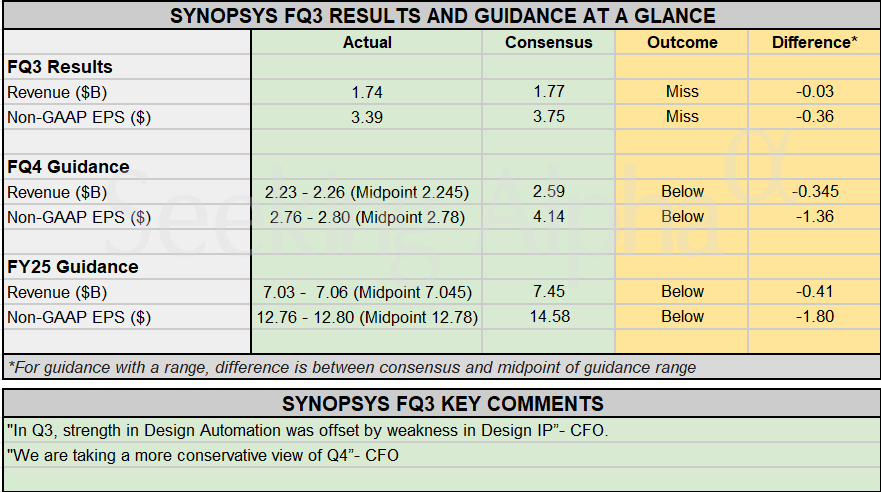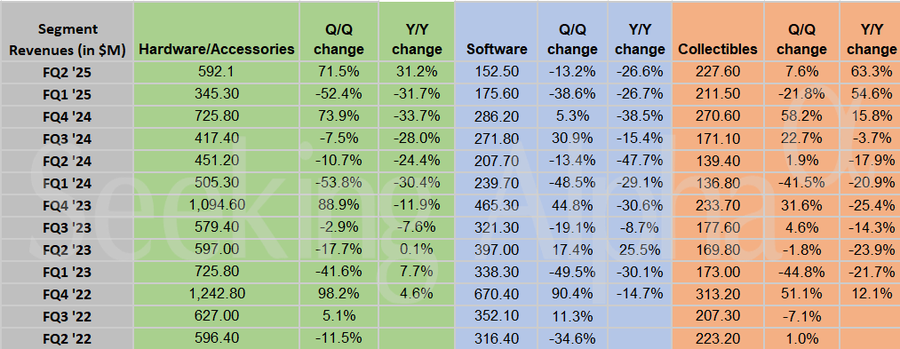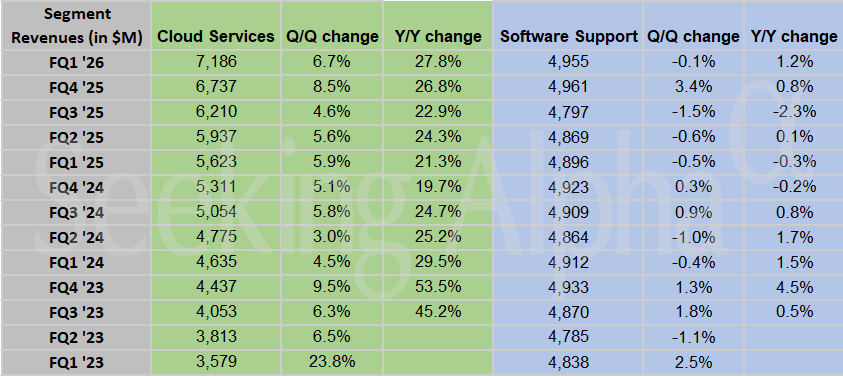- Major AI leaders like OpenAI CEO Sam Altman are starting to acknowledge the quirks and pitfalls of their own creations. Altman said AI discussions online often feel “fake” as people are beginning to adopt bot-like language. Researchers have found evidence of ChatGPT influencing people’s vocabulary, and how they write and speak.
Even CEOs of major AI companies are starting to admit the pitfalls and quirks of the technology.OpenAI CEO Sam Altman on Monday said he’s had “the strangest experience” reading a Reddit thread about Codex, his company’s new agent tool for developers.
“I assume it’s all fake/bots, even though in this case I know Codex growth is really strong and the trend here is real,” Altman wrote in a post on X.
The Reddit thread Altman references is overly positive about OpenAI’s Codex, and even dishes on Anthropic’s Claude Code.
“I think there are a bunch of things going on,” Altman continued. “Real people have picked up quirks of LLM-speak, the Extremely Online crowd drifts together in very correlated ways, the hype cycle has a very ‘it’s so over/we’re so back’ extremism, optimization pressure from social platforms on juicing engagement and the related way that creator monetization works, other companies have astroturfed us so I’m extra sensitive to it, and a bunch more (including probably some bots).”
OpenAI didn’t immediately respond to Fortune’s request for comment.
Altman isn’t the first person to unpack the fact people are starting to talk more like AI bots in real life. Hiromu Yakura, a postdoctoral researcher at the Max Planck Institute for Human Development in Berlin, noticed differences in his own vocabulary about a year after ChatGPT debuted in late 2022.
Yakura, along with other researchers at the Max Planck Institute, analyzed millions of emails, essays, and other texts, along with hundreds of thousands of YouTube videos and podcast episodes and found a surge of ChatGPT words—like delve, examine, and explore—in the 18 months following the AI tool’s release.
“The patterns that are stored in AI technology seem to be transmitting back to the human mind,” study co-author Levin Brinkmann, also at the Max Planck Institute for Human Development, told Scientific American.
Another study by the University of California-Berkeley found ChatGPT responses reinforce dialect discrimination. In other words, ChatGPT favors Standard American English, which can frustrate non-American users. That underlines the notion ChatGPT has a standard way of responding to users, which in turn influences the way they speak and write.
“The net effect is somehow AI Twitter/AI Reddit feels very fake in a way it really didn’t a year or two ago,” Altman said.
Vaikunthan Rajaratnam, a nerve surgeon and UNESCO chair partner, claimed in a LinkedIn article, however, he’s been working to reverse engineer ChatGPT to actually sound like him. While he said some of the pros of ChatGPT include enriched vocabulary and grammar and added clarity and structure to communication, “diminishing authenticity” was a major pitfall as well as loss of regional dialects and personal voice.
“Through carefully crafted prompts and iterative refinement, I’ve tuned it to reflect my tone, my vocabulary, my way of thinking,” Rajaratnam wrote. “When I use it now—whether it’s to draft newsletters, brainstorm, or write academic pieces—it often sounds eerily familiar… because it sounds like me.”
Still, other executives and billionaires have taken notice of some of the oddities and pitfalls of AI—even if they’re overall relatively keen on the technology. Mark Cuban, former Shark Tank investor and Dallas Mavericks owner, said in a Bluesky post this week there’s one thing AI still doesn’t have: humility.
“A little solace for the Anti AI crowd,” he wrote. “The greatest weakness of AI is its inability to say ‘I don’t know’.”
“Our ability to admit what we don’t know will always give humans an advantage,” he added.
This story was originally featured on Fortune.com

 5 hours ago
1
5 hours ago
1











 English (US) ·
English (US) ·